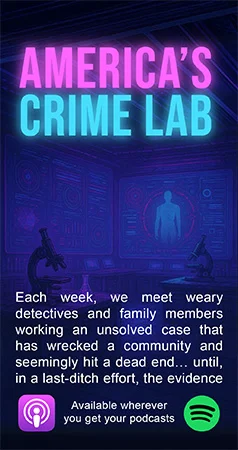The police investigation appeared to focus on a shed or workshop at the bottom of the garden.
Major Chris Hunter, a retired British Army Counter-Terrorist Bomb Disposal Operator, said the bomb squad could have been called to the family home following the discovery of an improvised explosive device (IED).
He said the Royal Logistic Corps team would usually be called out if there was a potential terrorist threat.
But he said the squad could also have been the nearest team available.
"I imagine the police have discovered something they are unhappy with, something that is a potential improvised explosive device or an improvised explosive itself," he said.
"It could be a hazardous, dangerous or unstable substance."
But he said the item could turn out to be an everyday substance.
The bomb disposal team would either send a robot to "neutralise" a potential IED or the job could be done by an officer dressed in a special armoured suit, he added.
He said any delay in discovering the items of concern could be down to the fact that police investigating the shooting would have been looking for a "very different sort of evidence".
Alternatively, whatever they have unearthed could have been "secreted or hidden somewhere", he said.
He added: "Potentially, if they (the police) thought there was a firearm there and it was booby-trapped, then they would call the bomb squad to investigate it further."



